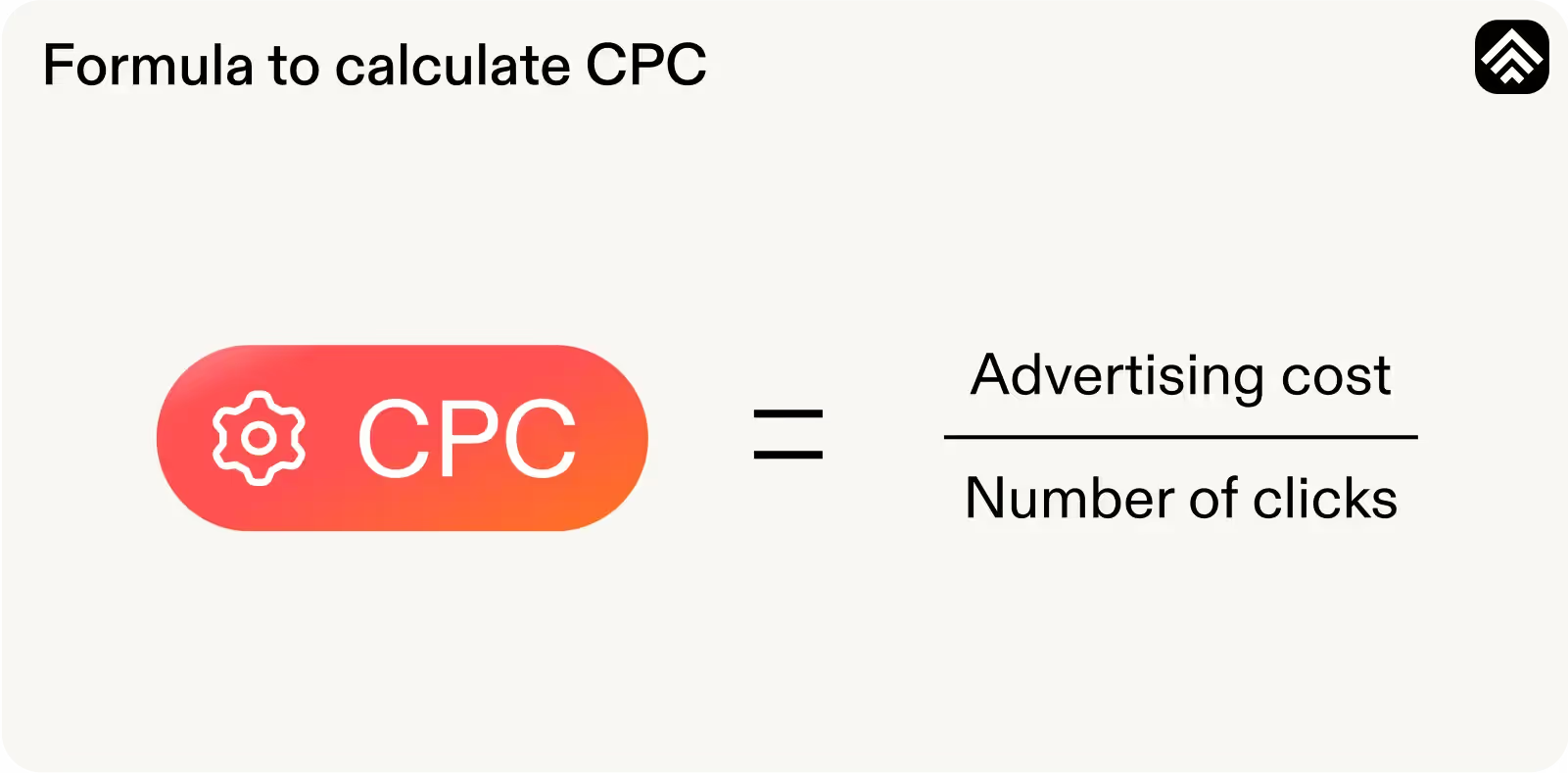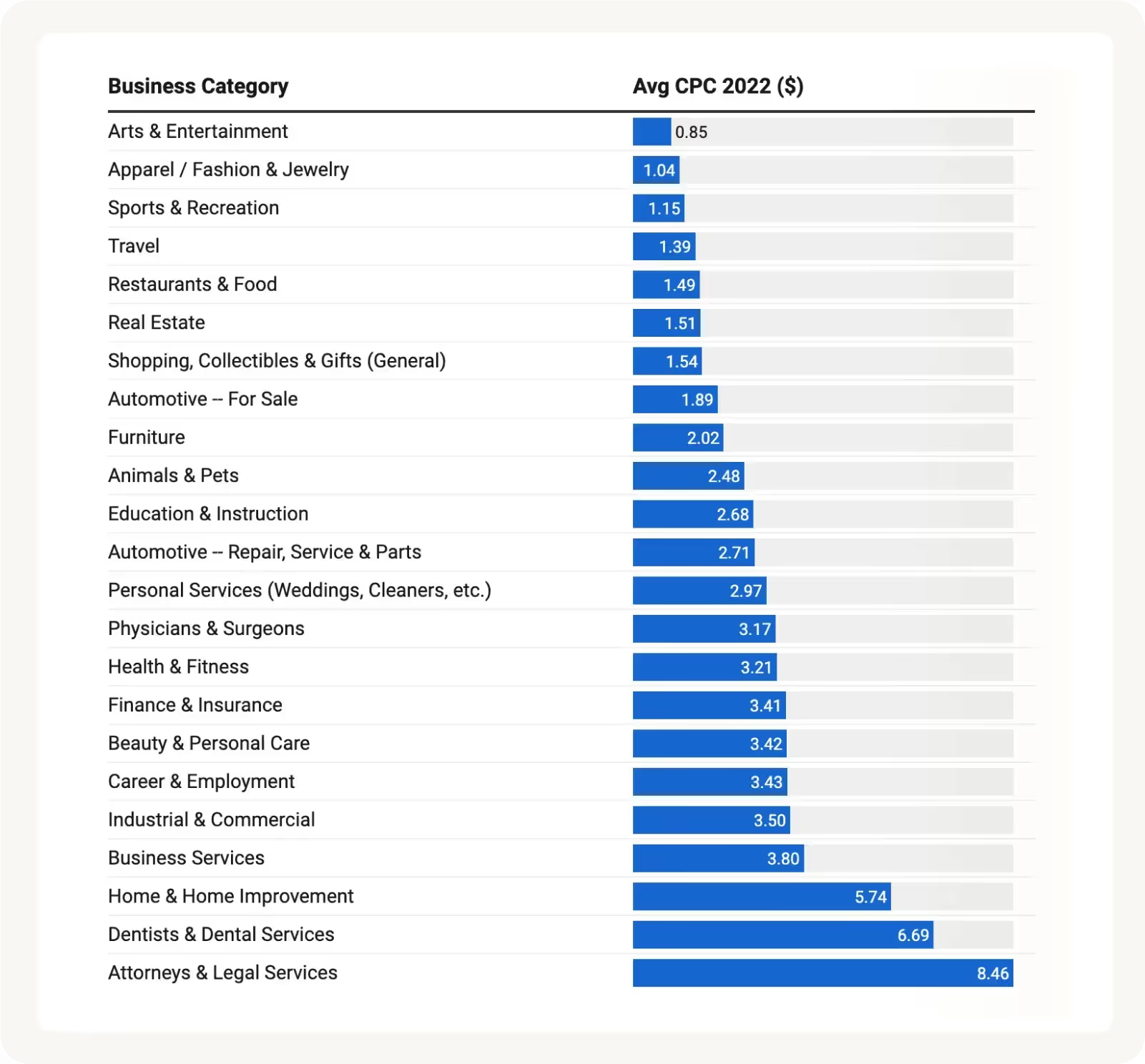CPC Calculator: Calculate Cost Per Click in 3 Clicks
Publift’s CPC calculator is a simple yet powerful tool for advertisers and publishers. Input your data, and our algorithm swiftly calculates your ad costs, enhancing your advertising performance with ease.
Publift’s cost per click (CPC) calculator is a simple yet powerful tool to help advertisers and publishers effortlessly calculate their CPC advertising performance. All you need to do is input your data, and our algorithm will calculate the cost per click of your ads in a matter of seconds. An online CPC calculator helps take the guesswork out of your advertising budget and introduces rigor and predictability to your strategic planning. This, in turn, ensures better returns on your investment.
What Is Cost Per Click (CPC)?
Cost per click (CPC) is a term used in online advertising that refers to the amount an advertiser pays to a publisher or ad network each time a user clicks on one of their ads.
This type of paid advertising works across various channels, including search engines, social media platforms, Google Display Network, and other platforms. It is also sometimes referred to as pay-per-click (PPC) advertising.
CPC helps advertisers determine the cost of showing ads to users who are searching for specific keywords or browsing relevant websites. Advertisers bid on specific keywords or audiences to compete for top spots and drive ad revenue.
Cost Per Click (CPC) Formula
CPC can help advertisers make better decisions on how to allocate their advertising budgets. To find the cost per click of an ad, divide the total cost of the campaign by the total number of clicks generated by the ad.
The formula to calculate CPC is:
CPC = Advertising cost / Number of clicks
For example, if an advertiser spent $100 on their PPC campaign and received 50 clicks, the CPC would be calculated as:
CPC = $100 / 50 clicks = $2 per click
Therefore, the CPC for this particular campaign would be $2.

How to Calculate CPC Using the CPC Calculator?
Use our cost per click calculator to determine your CPC and the number of clicks and cost required to achieve a specific CPC and ad revenue in three easy steps.
- Determine your total ad spend: Calculate the total cost of the advertising campaign. If you’re not sure of the exact figure, you can check it in the analytics dashboard of the platform you are using to run your ads.
- Count your clicks: Next, input the number of ad clicks into the CPC calculator. In the above example, the ad received fifty clicks, so input "50" in the "clicks" field.
CPC vs. CPM: Understanding the Differences
When it comes to internet advertising, CPC and CPM are two common ad pricing models used by advertisers. In the CPC model, advertisers only pay for the clicks that their ads receive.
For example, if you set a budget of $50 for a campaign with a $0.10 CPC, you'll get 500 actual clicks on your ads.
The cost per mille (CPM) pricing model, on the other hand, charges an advertiser for every thousand impressions that their ad receives, whether the user interacts with the ad or not. You can calculate CPM by dividing the total cost of advertising by the number of impressions received and multiplying it by 1,000.
For instance, if you purchase 5,000 impressions with an advertising budget of $7.50, the CPM rate for the campaign would be $1.50.
In terms of strategic objectives, CPC is usually preferred when the goal is to drive traffic to a website or increase conversions, whereas CPM is a better fit for those aiming to increase brand awareness. For advertisers starting out, paying for clicks on a CPC basis can be cost-effective, but as their click-through rate (CTR) improves, switching to a CPM basis may be more beneficial.
What Is a Good CPC?
Multiple factors come into play when considering a good CPC, including industry, keyword match type, competition, brand vs. non-brand keywords, and ad rank.
CPC rates are also influenced by keyword competition, with higher competition leading to higher rates and lower competition resulting in lower rates.
Similarly, bidding on brand terms with a high advertisement rank can result in substantially lower CPCs compared to non-branded keywords that tend to have higher CPCs due to their competitive nature.
That said, a recent study found that the average CPC for Google Ads across industries is $2.69 for search ads and $0.63 for display ads. Any CPC figure around this mark would normally be considered good.

Frequently Asked Questions
Which Factors Affect CPC?

Several factors can affect your CPC, including keywords targeted, ad quality and relevance, ad placement, competitors' bids and budget, industry and competition level, geographic location, advertisement rank, ad scheduling, etc.
What Is the Average CPC?

The average CPC varies by industry, ad network, geography, and several other factors. For comparison, the average cost per click in Google Ads across all industries is $2.69 for search and $0.63 for display ads.
What Is the Difference Between CPC and PPC?

CPC is a metric used to measure the amount each click costs, while PPC is a type of advertising in which advertisers pay for each click on their ads.
Deep Dive into Programmatic Advertising

In this week's episode, we're taking a look at cars.com, one of the biggest auto marketplaces in the US. Ben and Brock speak about the detailed insights and suggestions for optimizing cars.com’s ad revenue.

We're delving deep into the world of AdSense arbitrage—a game-changing strategy where publishers invest in ads to drive traffic.
Ready to boost your ad revenue?
AdSense is a great starting point, but it’s just one demand partner. Find out how you can get more revenue from your site without impacting users with Publift’s programmatic advertising platform Fuse.
Fuse is also built for Independent Publishers looking to access more premium demand partners. Get even more competition for your ad inventory with access to over 25 premium demand partners. We’ll set you up with the best partners for your individual site, with personalised ad optimisations unique to your users and business model. Get access to all of your reporting in one place with our Fuse all-in-one automated reporting dashboard.
Boost your in-app ad revenue and grow your business with Fuse Apps by Publift. We’ll give you access to over 10 app advertising demand partners, and make sure you have the right ad formats to maximise your revenue without impacting user experience.






